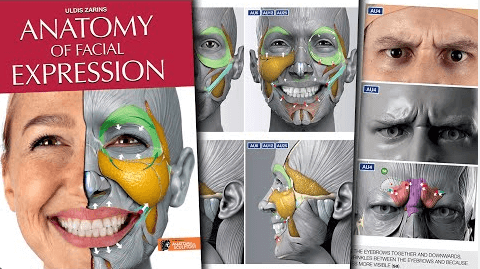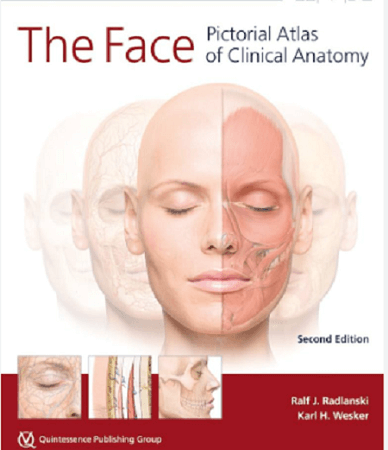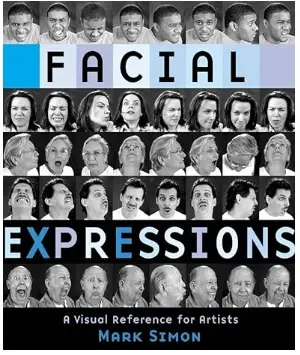Nominative Absolute

- File photo | Credit Grammarly
What is a Nominative Absolute?
A Nominative Absolute (also known as Absolute Construction, or Absolute Phrase), is a special phraseOpens in new window that consists of a nounOpens in new window or pronounOpens in new window followed and modified by some kind of modifier, usually a participleOpens in new window or a participial phrase.Opens in new window
We can use absolute constructions to compress two sentences into one and to vary sentence structure as a technique to captivate a reader’s interest.
Absolute Construction Examples:
- Our reservations having been made, we started on our vacation in spite of the predicted storm.
- The book being short, I read it in two hours.
- The horse loped across the yard, her foal trailing behind her.
- No other matter arising, the meeting was adjourned.
- The paint now dry, we brought the furniture out on the deck.
- Her eyes rolling upwards, the lady made no effort to hide her disgust.
Characteristically, the absolute construction is a phraseOpens in new window because it cannot stand alone as a sentence. It is absolute because it modifies no single word in the main sentence; however, it has a close “thought” relationship to the entire main sentence.
In other words, the nominative absolute modifies the rest of the sentence, not the subject of the sentence as opposed to a participial phrase.
Perhaps at this point it will be useful to remind us prior knowledge of the participle:
A participleOpens in new window is a verb form ending in –ing, that may function as a verbOpens in new window, an adjectiveOpens in new window or a nounOpens in new window.
- The present participleOpens in new window always ends in –ing, such as, speaking, cooking, writing;
- The past participleOpens in new window has various endings, according to the type of verb: spoken, cooked, written;
- The perfect participle consists of having or having been followed by the past participle, e.g., “having spoken”, “having been cooked” or “having written;”
- Writing tends to “come alive” when participlesOpens in new window, verb formsOpens in new window which show action, are used (in addition to the sentence verb) in a modifying function. They help the reader to see the “picture” the writer is creating or describing.
When the nominative absolute or absolute construction (as it's also known) is placed at the beginning of the sentence, it must be carefully distinguished from a nounOpens in new window used as the subject of the verbOpens in new window. For example, in the sentence:
“The soldiers needing backup, helicopters soon arrived.”
- soldiers is in the “nominative absolute construction” with the participle needing, and helicopters is the subject of the verb arrived.
On the other hand, in:
“The soldiers, needing backup, radioed command for helicopters.”
- soldiers is not in a “nominative absolute construction”: it is the subject of the sentence (subject of the verb radioed ).
A nominative absolute construction would usually denote time or cause, observe carefully the following expressions:
Absolute Construction - Her work for the day over, she went to bed.
Meaning/Relationship: Expresses time, in the sense of “after”— after her work for the day was over …
Absolute Construction - The meeting being over, the attendants began to leave.
Meaning/Relationship: Expresses time
Absolute Construction - The cadets of the Academy marched past, the band playing “auld lang syne.”
Meaning/Relationship: Expressing time, in the sense of ‘while’ — while the band was playing …
Absolute Construction - Half the staff being on leave, the bank manager was himself at the counter cashing cheques.
- The debtors having defaulted on their loan, the banks seized their assets.
Meaning/Relationship: These two sentences both express cause
In certain fixed phrases, the absolute construction expresses a conditional meaning: weather permitting (if the weather permits); God willing; all things being equal; everything considered.
| Important Hint! |
|---|
|
Note that the word absolute, as a grammatical concept, means “free” or “unconstrained.” The noun in a nominative absolute construction is “free” from the traditional uses of a noun in a sentence, such as subjects or objects. |























